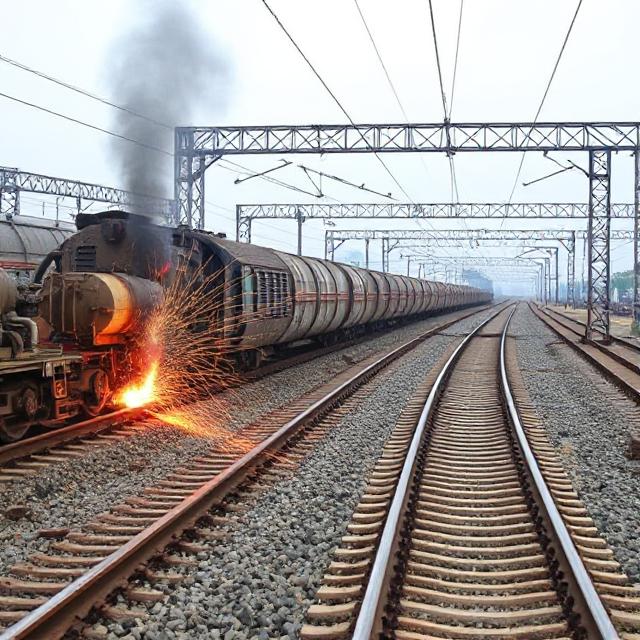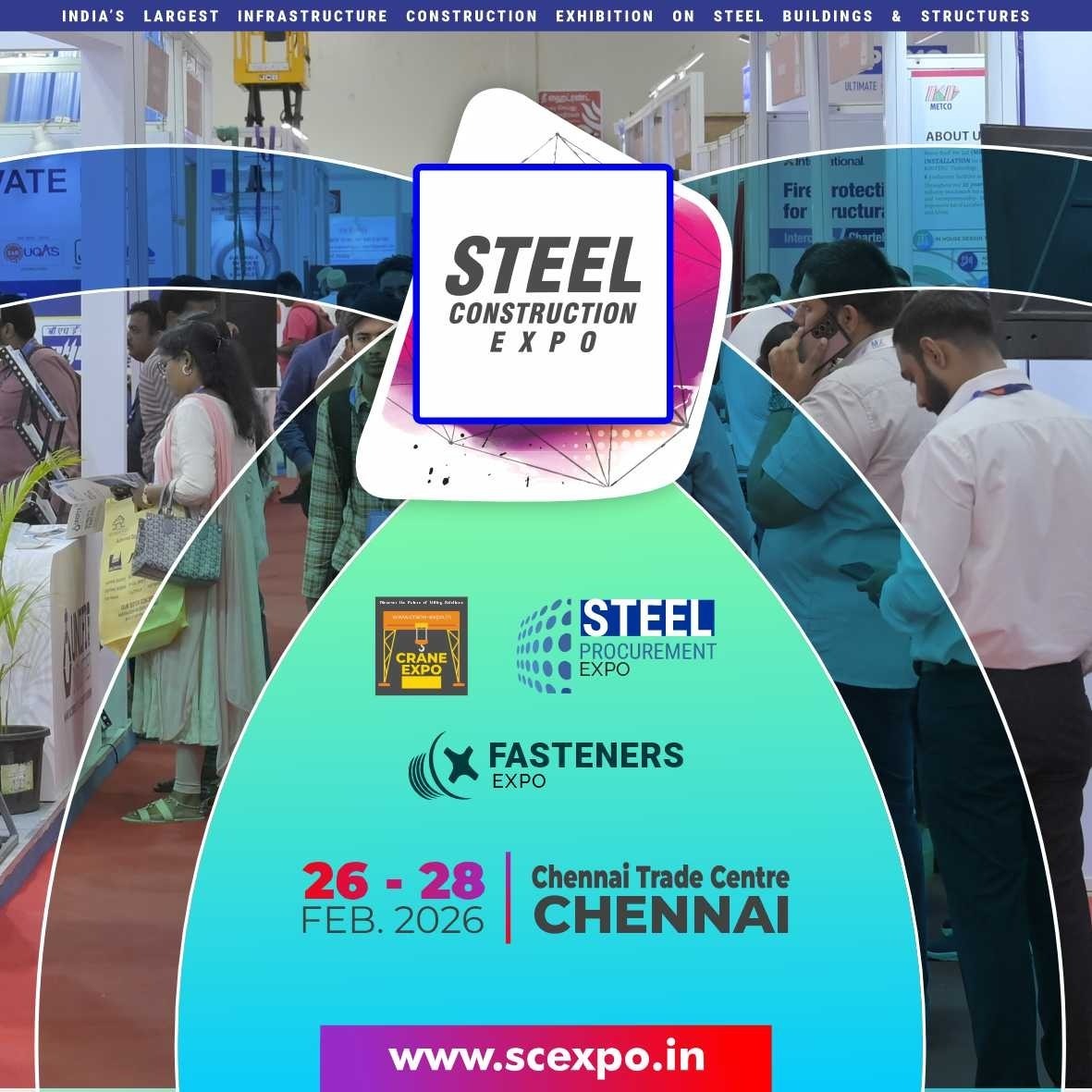In a significant policy shift to boost domestic manufacturing, the Indian government has revised the Domestically Manufactured Iron & Steel Products (DMI&SP) Policy 2025, introducing a mandatory “Melt and Pour” clause for steel used in government procurement-including large-scale rail infrastructure projects. As per reports, the updated rule stipulates that to qualify as “domestically manufactured,” the steel must be fully melted, refined, and poured within India.
This revision is expected to have a wide-reaching impact on the steel supply chain for major public sector undertakings (PSUs) and government-funded rail projects, including those under Indian Railways, Dedicated Freight Corridors (DFCs), metro rail networks, and other strategic infrastructure works. Earlier, steel products manufactured in India using imported semi-finished inputs (like billets or slabs) could qualify under domestic sourcing. The new clause eliminates this loophole, ensuring that the entire production cycle-from raw material to finished steel-is carried out within Indian borders.
The government believes this move will curb dependency on low-cost imports, especially from China, Vietnam, and Russia, and will encourage Indian steel producers to enhance capacity and invest in upstream production. Major integrated players such as SAIL, JSW Steel, and Tata Steel are expected to benefit from the policy, as they possess complete melt-to-finish capabilities.
However, some stakeholders in the fabrication and EPC sectors have expressed concern about possible supply bottlenecks and cost escalations in the short term, especially for specialized grades not widely available domestically.
The revised policy is seen as part of India’s larger push towards self-reliance (Atmanirbhar Bharat) in core sectors, while ensuring quality, consistency, and traceability in steel used for critical national infrastructure.




